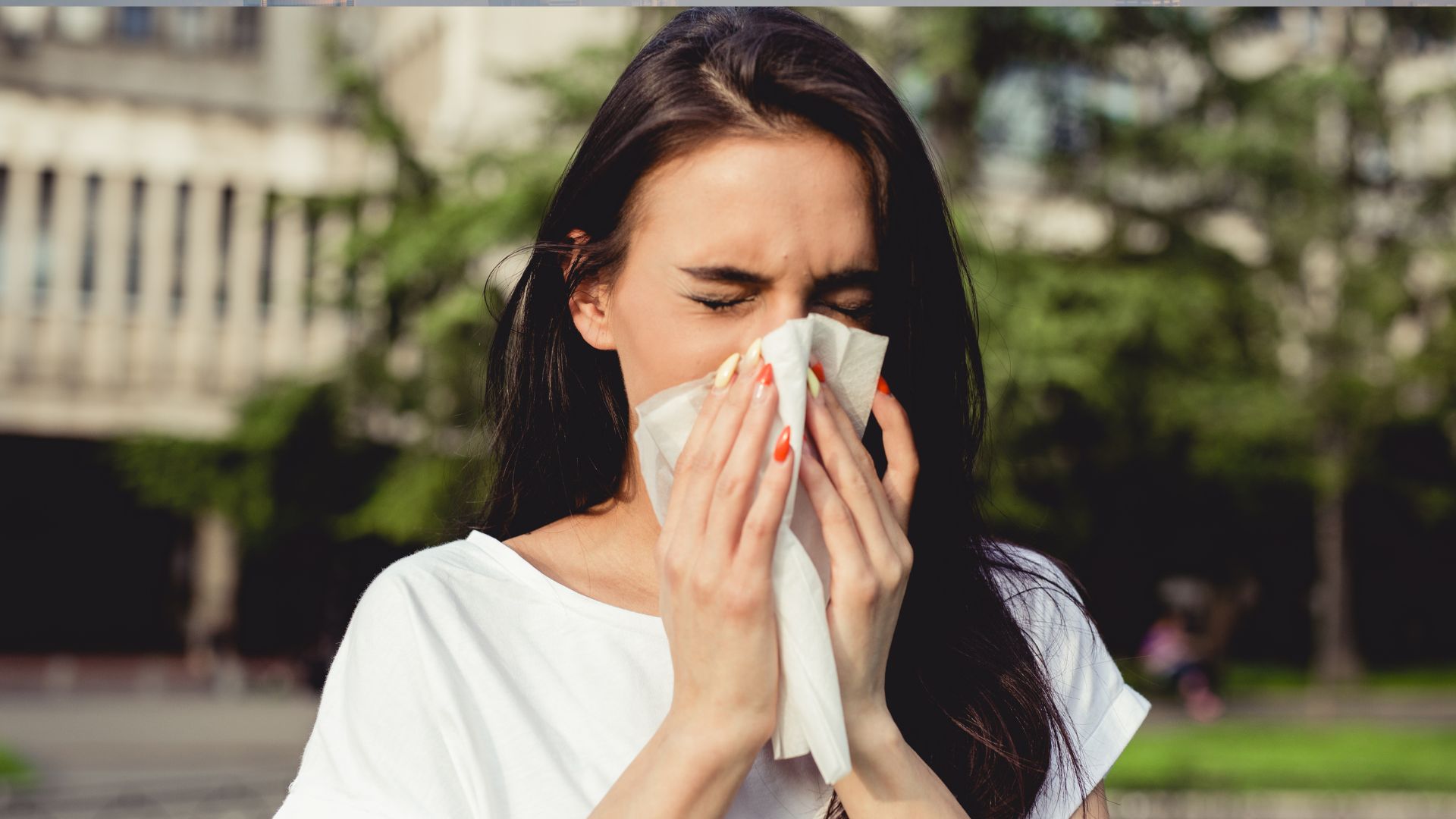Seasonal allergies, also known as hay fever or allergic rhinitis, can significantly impact one’s quality of life, particularly during specific times of the year. As an ENT surgeon, I often encounter patients suffering from the symptoms of seasonal allergies, and it’s crucial to understand how to recognize and manage them effectively.
Introduction to Seasonal Allergies
Seasonal allergies occur when the immune system overreacts to allergens present in the environment, such as pollen from trees, grasses, and weeds. These allergens can trigger a range of symptoms, from mild discomfort to severe respiratory issues.
Symptoms of Seasonal Allergies
Nasal Symptoms
One of the hallmark signs of seasonal allergies is nasal congestion, accompanied by:
- Runny nose
- Sneezing
- Itchy nose
- Postnasal drip
Eye Symptoms
Seasonal allergies can also affect the eyes, leading to:
- Itchy, red, and watery eyes
- Swelling around the eyes
- Sensitivity to light
Throat Symptoms
Sore throat and irritation are common symptoms of seasonal allergies, often accompanied by:
- Hoarseness
- Coughing
Skin Symptoms
In some cases, seasonal allergies can manifest as skin issues, including:
- Eczema flare-ups
- Hives
- Itchy skin
Diagnosing Seasonal Allergies
If you suspect you have seasonal allergies, it’s essential to undergo proper diagnosis. This typically involves allergy testing, which can be done through skin prick tests or blood tests. Consulting a healthcare professional, such as an ENT surgeon or allergist, can help determine the specific allergens triggering your symptoms.
Managing Seasonal Allergies
Avoiding Triggers
Identifying and avoiding allergens is the first step in managing seasonal allergies. This may include:
- Checking pollen forecasts
- Keeping windows closed during high pollen seasons
- Using air conditioning with a HEPA filter
Medications for Symptom Relief
Over-the-counter antihistamines, decongestants, and nasal corticosteroids can help alleviate symptoms such as congestion, sneezing, and itching. It’s essential to follow the recommended dosage and consult a healthcare professional if symptoms persist or worsen.
Immunotherapy Options
For individuals with severe allergies or those who do not respond well to medications, allergen immunotherapy, commonly known as allergy shots, may be recommended. This treatment involves gradually exposing the body to allergens to desensitize the immune system and reduce allergic reactions over time.
Home Remedies for Seasonal Allergies
In addition to medications and immunotherapy, several home remedies can provide relief from seasonal allergy symptoms, including:
- Nasal irrigation with saline solution
- Using air purifiers to remove allergens from indoor air
- Making dietary changes, such as avoiding known food allergens or incorporating anti-inflammatory foods
Preventing Seasonal Allergies
While it may not be possible to completely avoid allergens, certain measures can help reduce exposure and minimize symptoms:
- Showering and changing clothes after spending time outdoors
- Keeping indoor spaces clean and free of dust and pet dander
- Using allergen-proof bedding covers
Impact of Seasonal Allergies on Daily Life
Seasonal allergies can significantly impact daily activities, including work, school, and recreational pursuits. Managing allergies effectively is essential for maintaining productivity and overall well-being, especially during peak allergy seasons.
Seeking Professional Help
If you experience persistent or severe allergy symptoms that interfere with your daily life, it’s crucial to seek professional help from an ENT specialist or allergist. They can provide personalized treatment options based on your specific triggers and symptoms, ensuring effective management of seasonal allergies.
Conclusion
Seasonal allergies can be challenging to manage, but with the right approach, it’s possible to minimize symptoms and improve quality of life. By recognizing common triggers, seeking proper diagnosis, and exploring various treatment options, individuals can effectively manage seasonal allergies and enjoy life to the fullest.
FAQs
- Can seasonal allergies develop at any age?
- Yes, seasonal allergies can develop at any stage of life, although they often first appear during childhood or adolescence.
- Are over-the-counter allergy medications safe to use long-term?
- While over-the-counter allergy medications are generally safe for short-term use, prolonged use may lead to side effects. It’s essential to follow dosage instructions and consult a healthcare professional if you have concerns.
- Can seasonal allergies be cured completely?
- While there is no cure for seasonal allergies, various treatment options can effectively manage symptoms and improve quality of life.
- Is it possible to outgrow seasonal allergies?
- Some individuals may outgrow seasonal allergies over time, while others may continue to experience symptoms throughout their lives. It varies from person to person.
- What role does genetics play in the development of seasonal allergies?
- Genetics can influence a person’s susceptibility to allergies. If one or both parents have allergies, their children are more likely to develop them as well.
About Author:
Dr. Vivek Kumar Pathak: Renowned ENT Surgeon, Senior Professor, and Founder.
Dr. Pathak, ENT surgeon at Kailash Hospital, Senior ENT Professor at Sharda University, and founder of Entegrity Care, brings expertise and innovation to healthcare. Discover the visionary behind Doxtreat Healthcare, shaping the future of ENT care.
Website www.drvivekpathak.com
Call +917838450942
WhatsApp +91 78384 50942
Book an appointment with Dr. Vivek kumar Pathak by filling the form.



